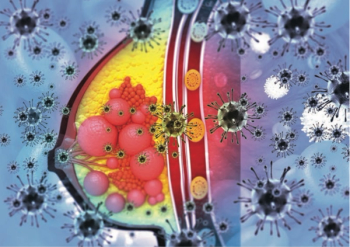
Data from the EMBER-3 trial support imlunestrant alone or in combination with abemaciclib as a chemotherapy-free treatment option.

Your AI-Trained Oncology Knowledge Connection!


Data from the EMBER-3 trial support imlunestrant alone or in combination with abemaciclib as a chemotherapy-free treatment option.

Teclistamab plus subcutaneous daratumumab yielded significant improvement in efficacy for patients with R/R multiple myeloma.

Investigators reported fewer dose reductions due to treatment-emergent adverse effects with pirtobrutinib vs ibrutinib in the phase 3 BRUIN CLL-314 trial.

Gintemetostat plasma concentrations increased with dosing across all 9 dose levels tested in a phase 1 study.

Approximately half of the patients who received raludotatug deruxtecan in the phase 2/3 REJOICE-Ovarian01 trial achieved an objective response.

Trastuzumab rezetecan may represent a promising practice-changing therapeutic in this breast cancer population based on data from HORIZON-Breast01.

The SKYSCRAPER-03 trial revealed that tiragolumab plus atezolizumab failed to improve progression-free survival compared with durvalumab in NSCLC.

Results from HERTHENA-Lung02 did not show improved OS with HER3-DXd for patients with EGFR-mutated NSCLC.

As a single agent or in combination, MK-1084 showed promising efficacy and safety results for patients with KRAS G12C–mutated CRC.

Anlotinib/chemotherapy showed comparable efficacy vs bevacizumab/chemotherapy in patients with RAS/BRAF wild-type metastatic colorectal cancer.
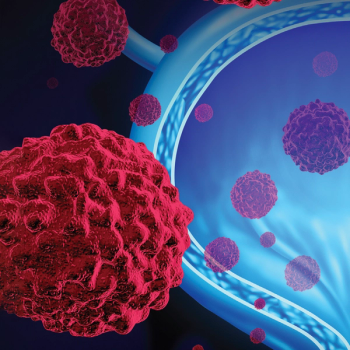
New data from a small retrospective analysis showed activity with enfortumab vedotin and pembrolizumab in UTUC lesions.

Results from the CheckMate 649 trial showed continued efficacy at 5 years in the nivolumab combination for patients with gastric/GEJ/esophageal cancer.
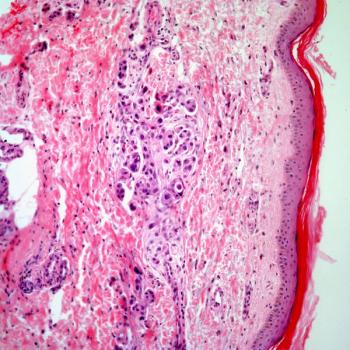
Atezolizumab with chemotherapy did not yield a significant increase to event-free survival compared with placebo with chemotherapy, 85.2% vs 81.9%, respectively.

Six-year data from the OlympiA trial support olaparib as a standard of care in BRCA-mutated, high-risk, HER2-negative primary breast cancer.
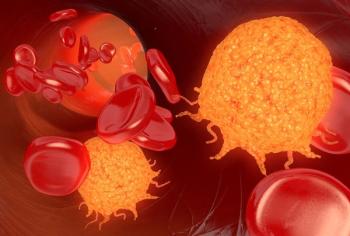
Long-term ORR, DOR, PFS, and OS data from the phase 2 Zuma-5 trial supports the use of axi-cel use in relapsed/refractory indolent Non-Hodgkin lymphoma treatment.
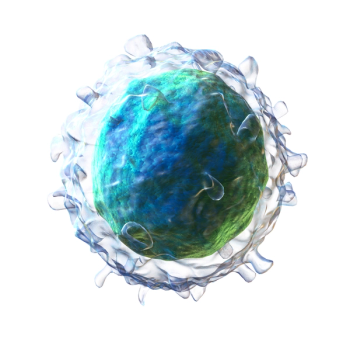
Tisagenlecleucel shows high rates of MRD-negative status among patients with relapsed/refractory follicular lymphoma in the ELARA trial.

All evaluable patients achieved minimal residual disease negativity following teclistamab-based treatment in the phase 3 MajesTEC-4/EMN30 trial.

Data from the EMBARK trial show no significant differences in sexual activity and urinary symptoms when suspending treatment with enzalutamide.

CHAARTED2 trial showed an improved progression-free survival in patients with metastatic castration-resistant prostate cancer treated with cabazitaxel, abiraterone acetate, and prednisone.

If approved, UGN-102 may become the first non-surgical option for patients with low-grade intermediate-risk non–muscle invasive bladder cancer, says Sandip Prasad, MD.
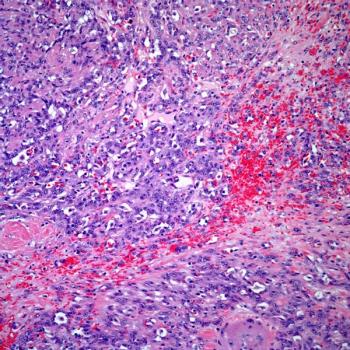
Data from the phase 3 CS-003 study underscore the importance of long-term follow-up findings with novel therapies for high-grade non–muscle-invasive bladder cancer, says Stephen A. Boorjian MD.
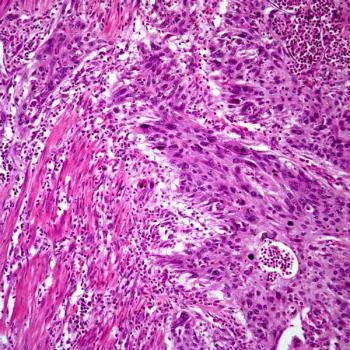
More than half of the patients with non–muscle-invasive bladder cancer in the BOND-003 trial achieve a complete response at 6 months following treatment with cretostimogene grenadenorepvec.

Surgery following treatment with checkpoint inhibitors yields no surgical complications in a cohort of patients with advanced renal cell carcinoma, according to Jason Scovell, MD, PhD.
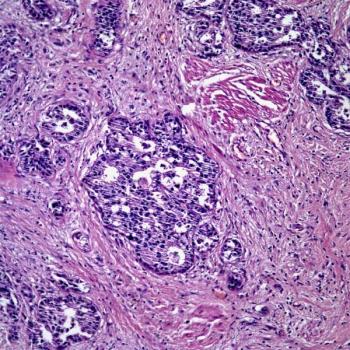
Efficacy and safety data from the phase 2b SUNRISE-1 trial support the ongoing evaluations of TAR-200 as a treatment for patients with BCG-unresponsive high-risk non–muscle-invasive bladder cancer.

Data from the phase 3 EV-302 trial support enfortumab vedotin plus pembrolizumab as a potential standard of care in locally advanced or metastatic urothelial carcinoma.
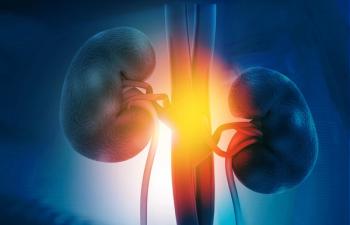
Lenvatinib plus pembrolizumab generates no new safety signals among patients with advanced renal cell carcinoma in the phase 3 CLEAR study.
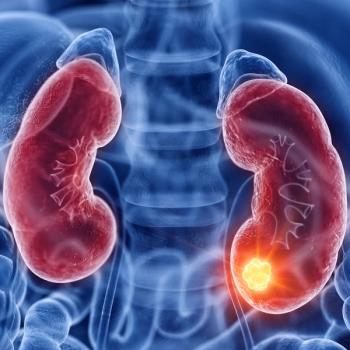
The combination is also associated with a manageable toxicity profile in the second and subsequent treatment lines for patients with advanced renal cell carcinoma.

The findings indicate that nephron sparing management should be prioritized in elderly patients with kidney cancer when it is safe and feasible, according to the study authors.
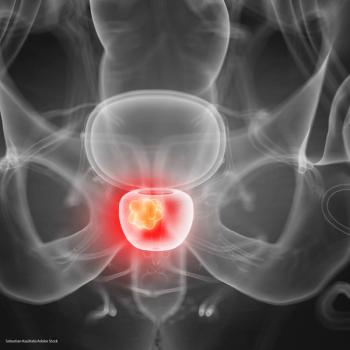
At a median follow-up of 17.4 months, half of the enrolled patients with metastatic castration-resistant prostate cancer experienced a decrease in PSA level from baseline following treatment with tazemetostat in combination with abiraterone acetate or enzalutamide.
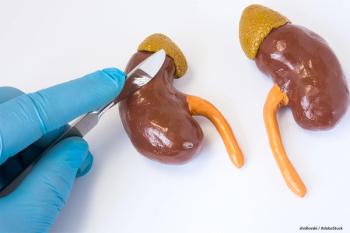
The findings, according to the lead study author from UC San Diego School of Medicine, are a proof of concept and need to be confirmed in a phase 2 trial.
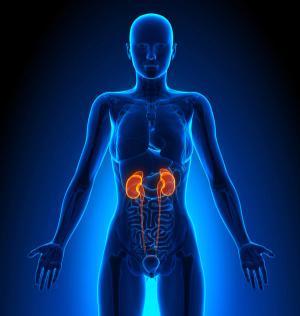
Published: June 7th 2021 | Updated:
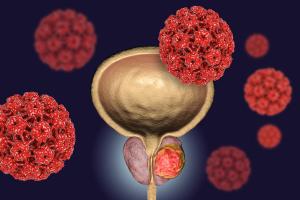
Published: December 4th 2020 | Updated:
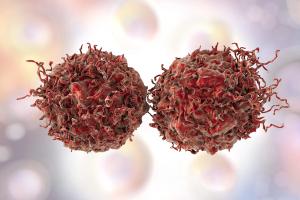
Published: August 12th 2020 | Updated:

Published: December 9th 2024 | Updated:

Published: April 10th 2021 | Updated:
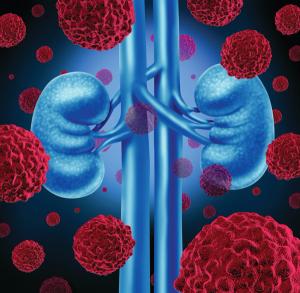
Published: December 5th 2020 | Updated: